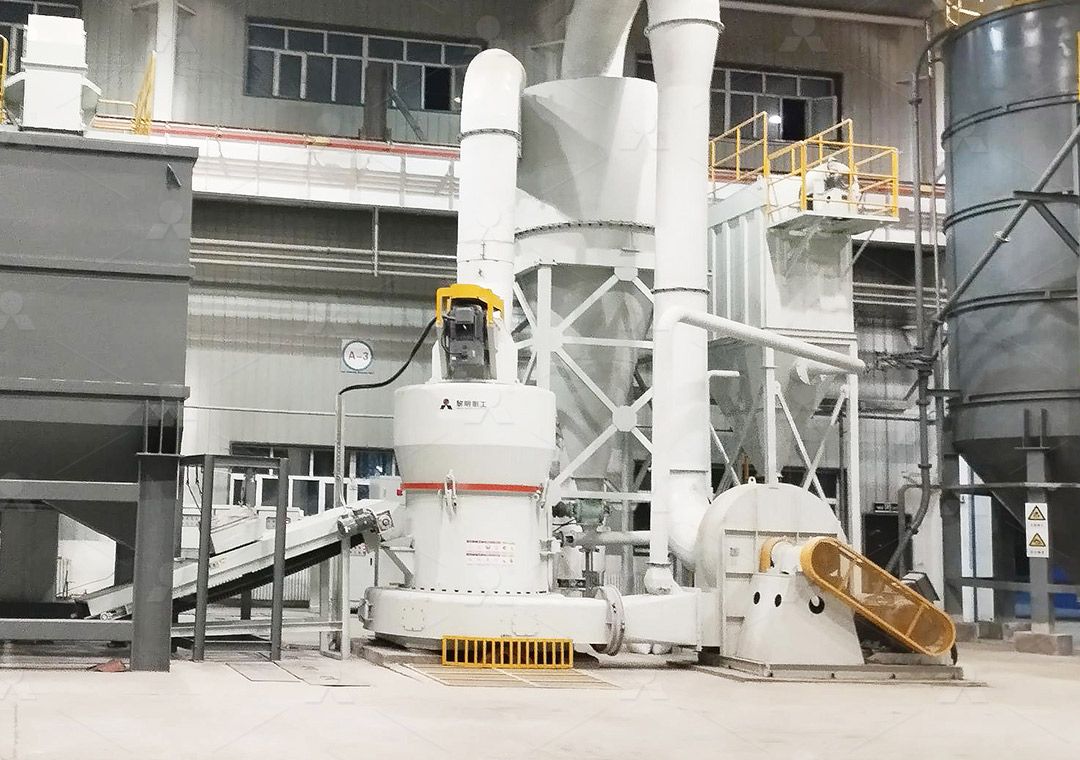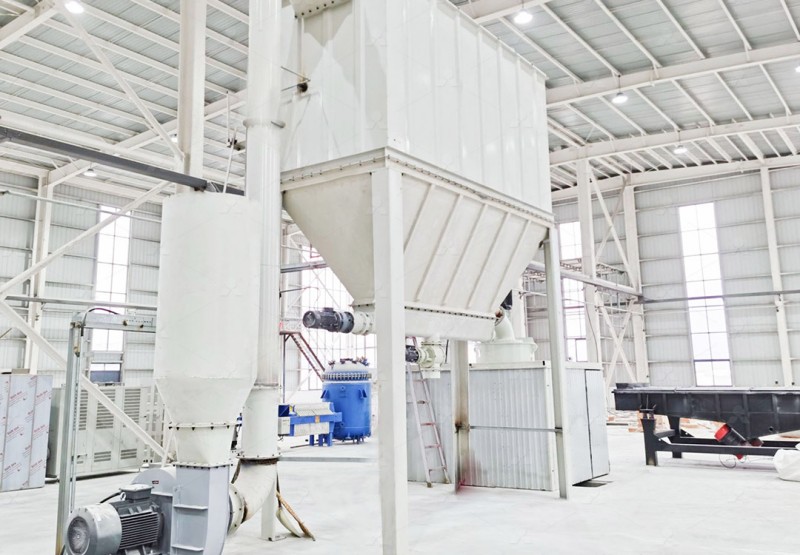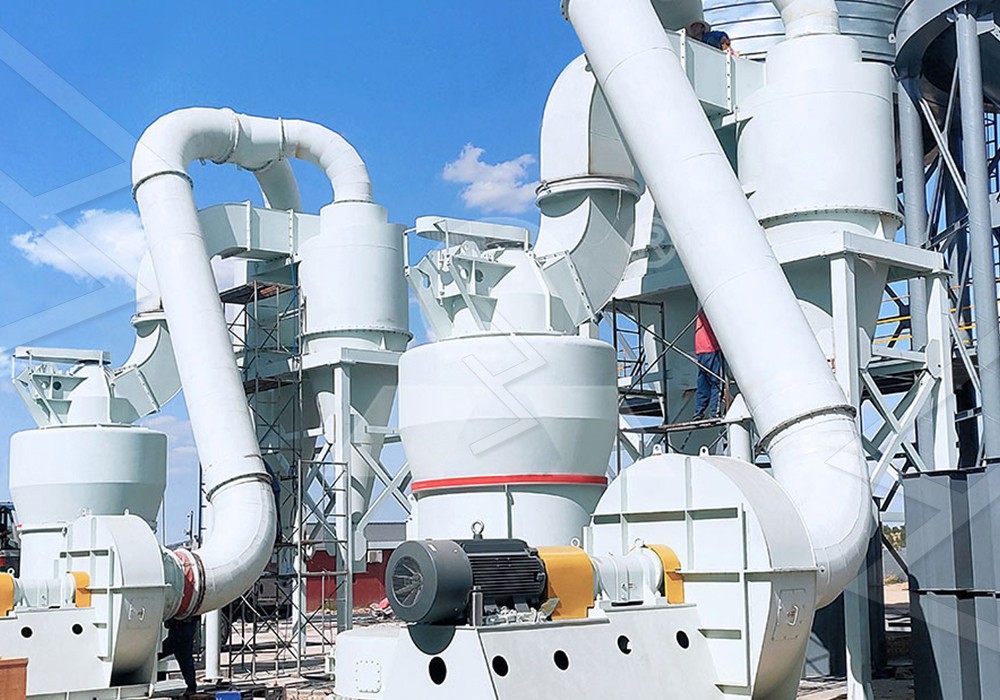Guilin Raymond Mill for Coal Gangue Grinding
Transforming Industrial Byproducts Into Valuable Resources
Coal gangue, the solid waste generated during coal mining and washing processes, has long presented environmental challenges for mining operations worldwide. Traditionally considered worthless, this byproduct accumulates in massive quantities, occupying valuable land and potentially causing ecological issues. However, with advanced grinding technology, coal gangue can be transformed into high-value materials for construction, cement production, and various industrial applications.

The Grinding Challenge: Why Specialized Equipment Matters
Coal gangue presents unique grinding challenges due to its variable composition and hardness. The material typically contains clay minerals, sandstone, and carbonaceous matter with inconsistent physical properties. Conventional grinding equipment often struggles with the abrasive nature of coal gangue, leading to excessive wear, high maintenance costs, and inconsistent product quality.
Traditional ball mills, while capable of processing coal gangue, suffer from high energy consumption and limited fineness control. The grinding process requires equipment that can handle the material’s abrasive characteristics while delivering consistent particle size distribution for downstream applications.
Advanced Solutions for Coal Gangue Processing
Modern grinding technology has evolved significantly to address the specific challenges of coal gangue processing. The key requirements include robust construction to withstand abrasive materials, efficient classification systems for precise particle size control, and integrated drying capabilities for materials with varying moisture content.
Among the available options, our MW Ultrafine Grinding Mill stands out for coal gangue applications. With an input size capability of 0-20 mm and capacity ranging from 0.5-25 tph, this machine is specifically engineered for challenging materials. The MW series incorporates German cage-type powder selector technology, allowing precise fineness adjustment between 325-2500 meshes—critical for meeting various application specifications.

Technical Advantages in Coal Gangue Applications
The MW Ultrafine Grinding Mill demonstrates remarkable efficiency in coal gangue processing. Its innovative design eliminates rolling bearings and screws within the grinding chamber, addressing common failure points in conventional mills. This feature significantly reduces maintenance requirements and extends equipment lifespan when processing abrasive materials like coal gangue.
Energy efficiency represents another critical advantage. Field data indicates the MW series consumes approximately 30% less energy compared to jet grinding mills while achieving 40% higher production capacity under identical fineness and power conditions. This efficiency translates to substantial operational cost savings, particularly important given the typically low value of the raw material.
Environmental Compliance and Operational Safety
Modern grinding operations must address environmental concerns, particularly dust generation and noise pollution. The MW Ultrafine Grinding Mill integrates efficient pulse dust collection and advanced muffler systems, ensuring compliance with stringent environmental standards. The completely sealed negative-pressure operation prevents dust escape, while the noise reduction features maintain workplace safety and community acceptance.
For operations requiring vertical mill configuration, our LUM Ultrafine Vertical Grinding Mill offers complementary capabilities with 0-10 mm input size and 5-18 tph capacity. Its double position-limiting technology provides exceptional operational stability, while the reversible structure simplifies maintenance—critical factors for continuous processing environments.

Application Spectrum: From Waste to Value-Added Products
Properly processed coal gangue finds applications across multiple industries. In construction, it serves as raw material for cement production, bricks, and lightweight aggregates. The chemical industry utilizes ultra-fine coal gangue powder as filler in plastics, rubber, and paints. Recent developments have also explored its use in soil improvement and mine reclamation projects.
The economic viability of coal gangue utilization depends heavily on grinding efficiency and product quality consistency. Modern grinding systems must deliver precise particle size distribution while maintaining cost-effectiveness—requirements that specialized equipment like the MW series is designed to meet.
Frequently Asked Questions
What makes coal gangue particularly challenging to grind?
Coal gangue contains highly abrasive components including quartz and other hard minerals that cause rapid wear on conventional grinding equipment. Its inconsistent composition and moisture content further complicate the grinding process.
How does the MW Ultrafine Grinding Mill address abrasion concerns?
The MW series eliminates rolling bearings and screws within the grinding chamber—common failure points in abrasive applications. The external lubrication system allows continuous operation without shutdowns for maintenance.
What particle size range can be achieved with modern coal gangue grinding systems?
Advanced systems like the MW Ultrafine Grinding Mill can produce powders ranging from 325 to 2500 meshes, with the capability to achieve d97≤5μm in a single pass, suitable for various industrial applications.
How important is dust control in coal gangue processing?
Critical. Coal gangue dust can pose health and environmental risks. Modern mills incorporate efficient pulse dust collectors and sealed systems that operate under negative pressure, preventing dust escape and ensuring workplace safety.
What are the primary applications for processed coal gangue powder?
Processed coal gangue finds use in cement production, construction materials, chemical fillers, agricultural soil amendments, and mine reclamation projects, transforming waste into valuable resources.
